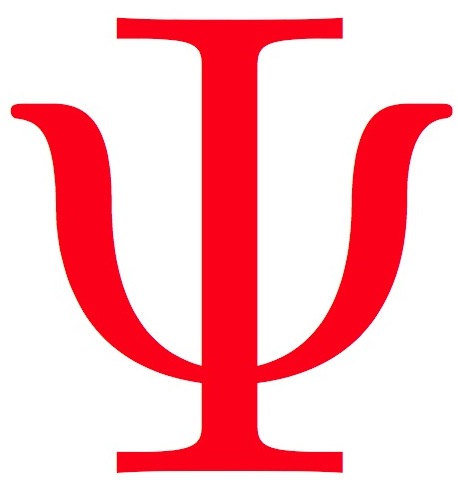Probabilities in Quantum Mechanics
Quantum mechanics generally does not predict what will happen or what did happen. Rather it supplies probabilities for all the things that might happen or all the things that might have happened. This set of papers, excerpts, and comments are the author's work on quantum mechanical probabilities. They address issues such as: How Born's rule for the probabilities of measurement outcomes can be derived in quantum mechanics. What probabilities mean in quantum cosmology where we deal with single events in a single system --- the universe. How quantum mechanics can be usefully formulated with extended probabilities that are sometimes negative. The distinction between first person probabilities for the universe and third person probabilities for our observations of it. How the quantum mechanical probabilities must be supplemented by a further probability distribution to predict our observations in the large universes predicted by inflation where we may be duplicated as physical systems in several locations.
Quantum Mechanics of Individual Systems [12]
A derivation of Born's rule for quantum mechanical probabilities for a single system from the frequency of outcomes in an infinite ensemble of identical systems. There are assumptions of course.
Comments on Derivations of Born's Rule [BRcomm] (coming)
Probabilities for Single Events [91ex1]
An excerpt from the author's Jerusalem lectures on what probabilities mean for single events of single systems such as the universe, and how they are used to test theories.
Linear Positivity and Virtual Probability [128]
The quantum mechanics of closed systems based on the linear positivity condition of Goldstein and Page is investigated in examples. The idea of extended probabilities developed in the next item is introduced.
Quantum Mechanics with Extended Probabilities [142]
Quantum mechanics is fomulated in terms of extended probabilities that can be sometimes be negative that can be assigned to all alternative histories. Only positive probabilities are the basis of settleable bets.
Decoherent Histories with One Real History [149]
(with M. Gell-Mann) Decoherent histories quantum theory is formulated in terms of one real history embedded in an ensemble of alternative histories that are assigned extended probabilities. Such probabilities can be negative for sets of histories that are not the basis of settleable bets.
Science in a Large Universe [144]
Inflation may make the universe large enough that there is a signficant probability that we are duplicated elsewhere as a physical observing system. Predictions for our observations then require theory specify not only quantum probabilities, but also a xerographic probability distribution that we are one of the copies the universe exhibits. (with Mark Srednicki)
